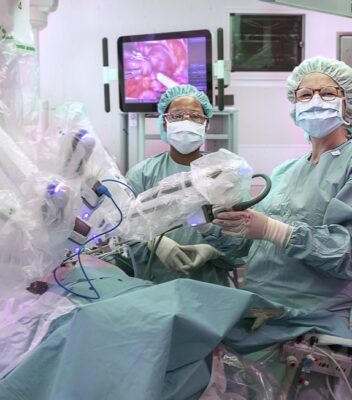
Performation conducted research into the data-driven nature of hospitals and how BI processes are organized. For example, we examined the maturity of hospitals in terms of, among other elements, data quality, the approach to BI initiatives, the management of the BI roadmap and making data available. One of the hospitals that participated in the study and scored high in many areas is the MST (Medisch Spectrum Twente). Erik Bakker is Business Intelligence department manager. Erik explains how Business Intelligence is set up in the hospital.
‘As a healthcare provider, we face major challenges, including digital transformation. In the meantime, healthcare must remain affordable and the workload in our sector is very high. This means we have to work together more effectively and efficiently. This means continuously trying to improve yourself. Data is the driving force behind this. That is why it is good to occasionally get a feal for the way data is used and managed in the healthcare sector.’
Scrummethode
‘As a department manager, I am curious about what does and does not work for other healthcare organisations, and what we can learn from this to further improve our own organisation (with 8 FTE). What works very well in our team is working according to the scrum method, where our internal customer is more frequently in the director’s chair and we can deliver something much faster.


An additional advantage of this is that the acceptance of data is greater, because the definitions are not determined by the BI department, but by the working groups with various stakeholders.’
Data literacy increased
‘We have noticed that the level of data literacy has increased enormously in recent years, also because more people want to be working data-driven. That can sometimes be difficult, because it means that more initiatives are born, especially in such a large organisation as our hospital. Our challenge is to streamline these initiatives. Partly based on this idea, we would like to make the transition to a central data organisation, where our role shifts from implementation to guidance.’


Start small
‘To take data-driven working to the next level, support from the top layer of the organisation is crucial. Everyone recognises the importance of business intelligence in healthcare and working data-driven, but actually doing something with it is something else entirely. Start small and let it spread like an oil slick. Then start with data owners or managers who are intrinsically motivated to get started. Find those champions in your hospital and set up small initiatives, because they can inspire and challenge others.
At a certain point, that group is so large that no one can ignore it anymore!’


